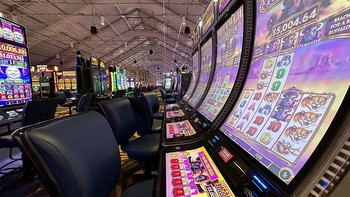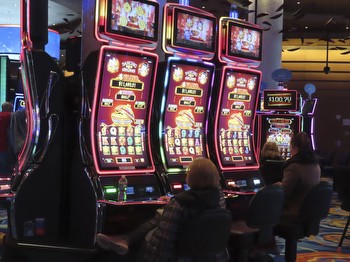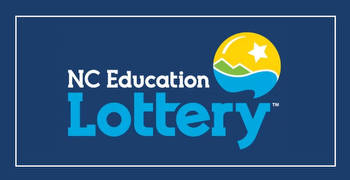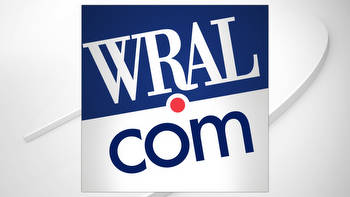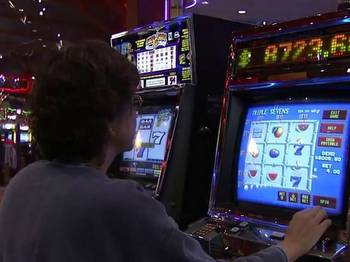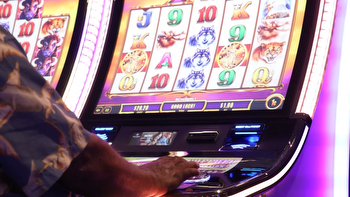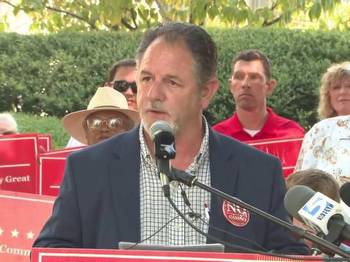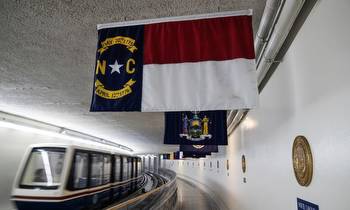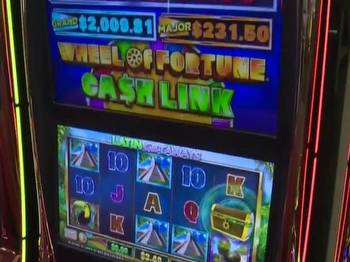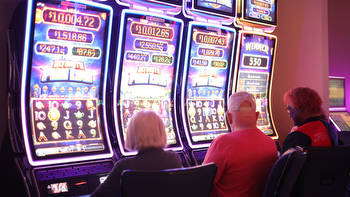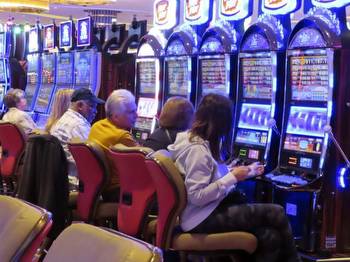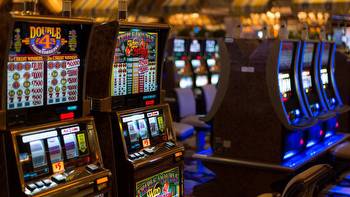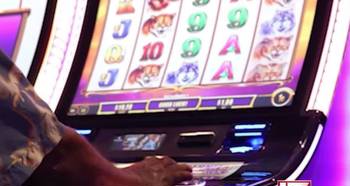Are online casinos coming to North Carolina too?

RALEIGH, N.C. (WNCN) – In a year that’s already seen a significant expansion of legalized gambling in North Carolina, state lawmakers are being pitched on the idea of online casinos.
It comes as Republican leaders in the legislature continue their discussion of a proposal to legalize four more physical casinos in locations across the state that would be part of entertainment districts aimed at promoting tourism to rural areas.
That proposal also could include legalizing video lottery terminals statewide in places like bars and restaurants.
While Senate leader Phil Berger (R-Rockingham) said online casinos would be part of the discussion, he said that to him the selling point of the physical casinos is to boost economic development in the areas where they would go.
“One of the key things for me with the casinos is it actually has the prospect not only of revenue to the state but of creating jobs for people,” he said.
Scott Ward, vice president of the Sports Betting Alliance, says iGaming is an appropriate next step. The alliance is made up of companies in the sports betting industry that also have casino apps, including BetMGM, DraftKings, FanDuel and Fanatics Sportsbook.
“We think that iGaming fits into a great niche with these other options that are now becoming available in North Carolina. You know, the consumer is moving online. They want to have entertainment options online,” said Ward.
Ward noted that six states have legalized iGaming. He estimated the revenue to the state would be about $300 million annually based on performance in other states and the proposed 22.5 percent tax on gaming revenue in a draft bill for the brick-and-mortar casinos that are under consideration.
House Speaker Tim Moore (R-Cleveland), who has supported expanded gaming options, raised concerns about potential abuse when it comes to iGaming.
“Something done on an app on a phone like that, I think there’s a lot of opportunity for some real problems there,” Moore said. “I’ve got real concerns with the iGaming right now, I really do.”
Ward responded to that by pointing out there would be similar identity and age-verification tools used with casino apps as there are with mobile sports betting apps which state lawmakers already legalized.
Whether the legislature ultimately takes any further action on legalized gambling is unclear. It remains part of the broader conversation in the ongoing negotiations about what to include in the state budget.
Regardless of what happens with brick-and-mortar or online casinos, North Carolina will still see an expansion of legalized gambling options.
Earlier this year, the legislature approved mobile sports betting, which will begin in 2024.
This week, the North Carolina Education Lottery Commission voted to begin offering digital instant games in November. The games look somewhat similar to slot machines.
Van Denton, a spokesperson for the lottery, said they’re aiming to make the games available around mid-November.
The lottery already offers people the ability to purchase tickets for draw games online. The new instant games, referred to as e-Instants, are expected to generate about $415 million in proceeds for education in five years, according to a report prepared for the lottery commission. (Note to editors, report PDF is attached).
There would be limits on how much a player could deposit to spend on e-Instants. The daily limit would be $505. The weekly limit would be $2,000. And, the monthly limit would be $4,000.
Six states and Washington, D.C., offer similar online games.
The lottery commission’s decision is not without controversy.
Senator Berger said, “The more that you have on the phone that looks like a slot machine and acts like a slot machine, do you diminish the expectation that you have as far as the revenue is concerned from other things that we’re considering?”
Speaker Moore questioned whether the lottery commission has the legal authority to offer the games, but also acknowledged it’s a “gray area.”









